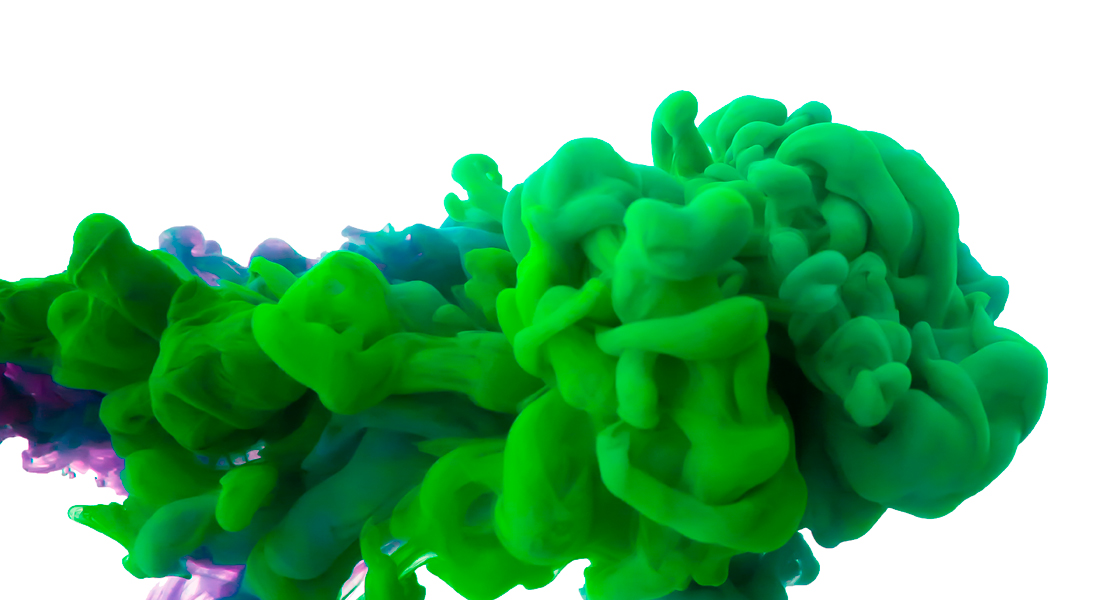Virtual SODAS Data Discussion w/ Kristian Hoeck, Emilie M. Gregersen, Sofie L. Astrupgaard & Malene H. Jespersen

Copenhagen Center for Social Data Science (SODAS), is pleased to announce that we are continuing with SODAS Data Discussions this spring.
SODAS aspirers to be a resource for all students and researchers at the Faculty of Social Sciences. We therefor invite researchers across the faculty to present ongoing research projects, project applications or just a loose idea that relates to the subject of social data science.
Every month two researchers will present their work. The rules are simple: short research presentations of ten minutes are followed by twenty minutes of debate. No papers will be circulated beforehand, and the presentations cannot be longer than five slides.
PhD student from University of Manchester, Kristian Hoeck, will present his work. He is followed by Academic Research Assistant Emilie M. Gregersen and Student Assistants Sofie L. Astrupgaard and Malene H. Jespersen.
Kristian Hoeck: Humanoid robots: Models of the human or modelling the human?
How are the humanoid robots at Intelligent Robotics Laboratory (IRL) used as, what professor at IRL Hiroshi Ishiguro calls models of the human? In this short talk, based on material from one year of ethnographic fieldwork at IRL, I will present examples of the ways that the human is used as model and how the human is being modelled in embodied robotic form. We will meet the android child robot ibuki, modelled over the anatomy of a ten-year-old boy; and the gynoid, Erica modelled on the ‘statistically average’ beauty ideal for a young woman. With these two android I will ask: In which ways does the basis for the model and the technological approach in itself inform the object of study: The social human.
Emilie M. Gregersen, Sofie L. Astrupgaard and Malene H. Jespersen: Lockdown ethnography: Using logbooks, self-reporting and emojis to study routines during the corona crisis
How can one study people’s daily lives and routines from the comfort and limitations of one’s home office? The current COVID-19 situation has challenged the classic ethnographic fieldwork approach, forcing us to explore new ways of obtaining in-depth, or ‘thick’ data, about our objects of study.
The SODAS Data Discussion will take place in Zoom from 11.00 am to 12.00 noon.
If you want to attend the event or just want to know more, please write Sophie Smitt Sindrup Grønning at sophie.groenning@sodas.ku.dk.
